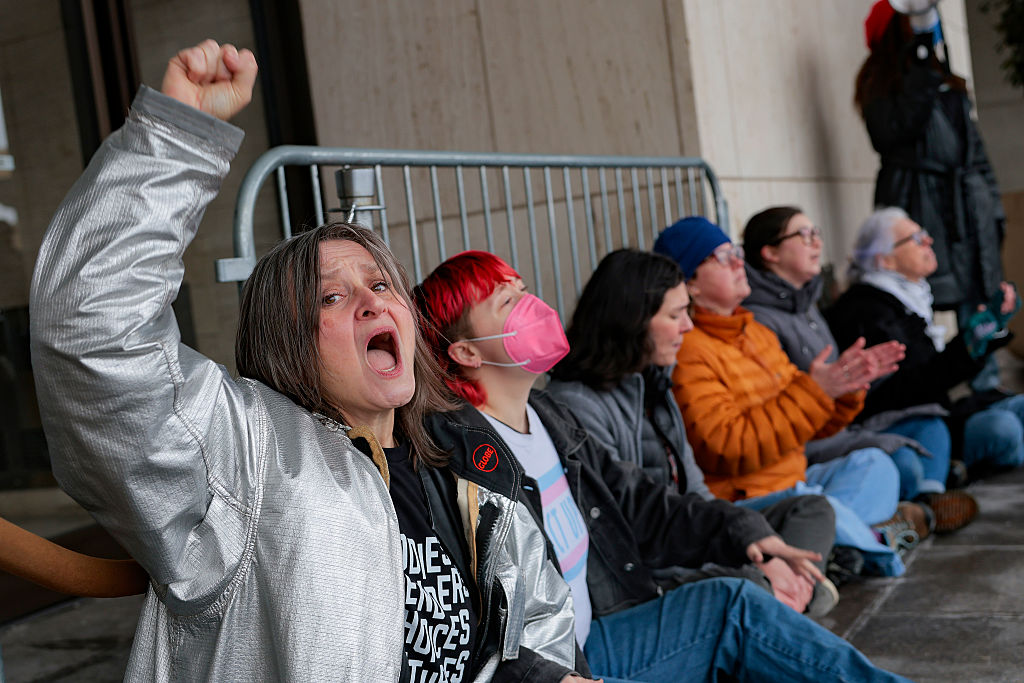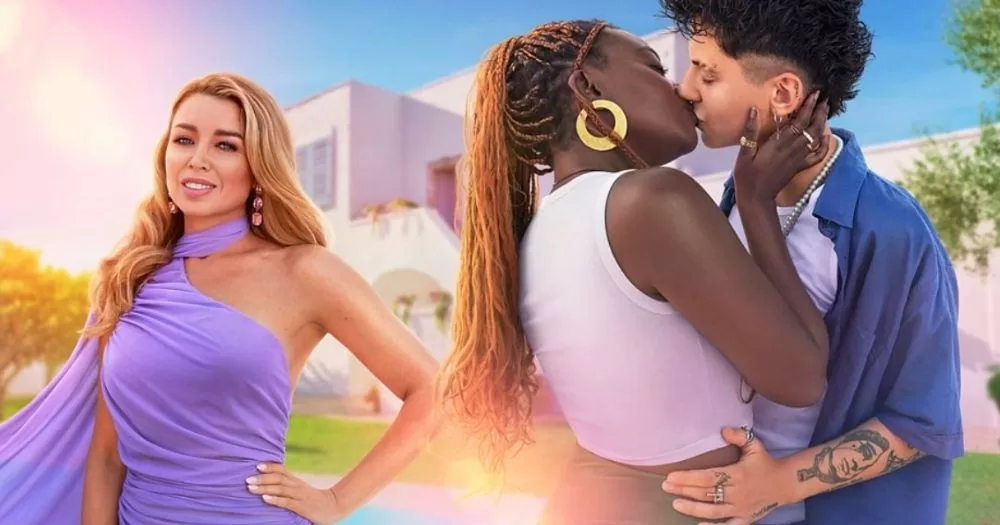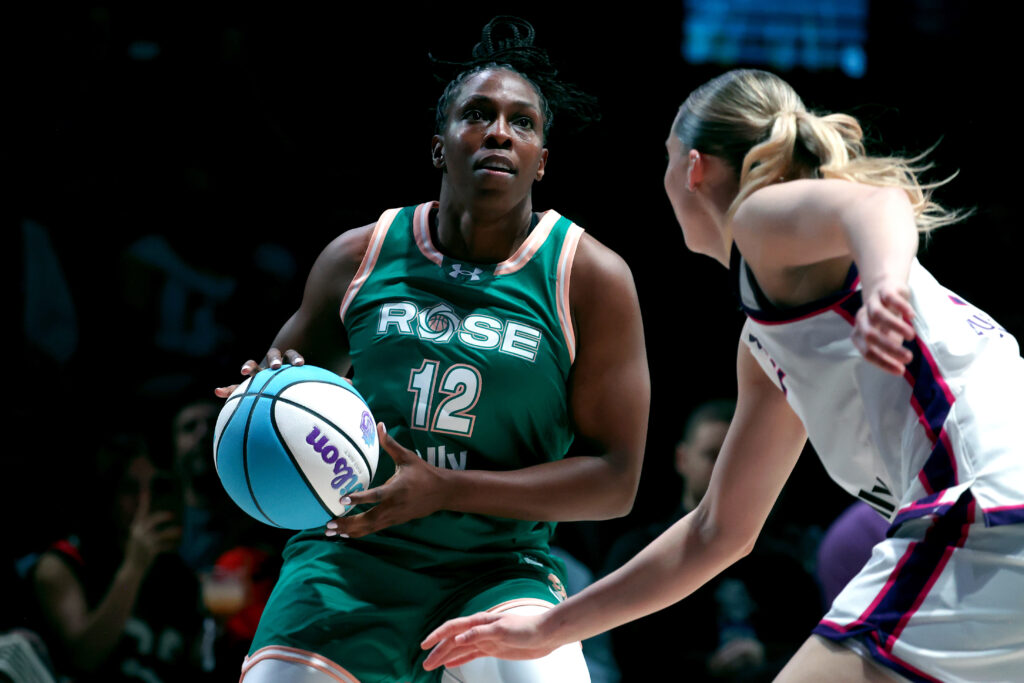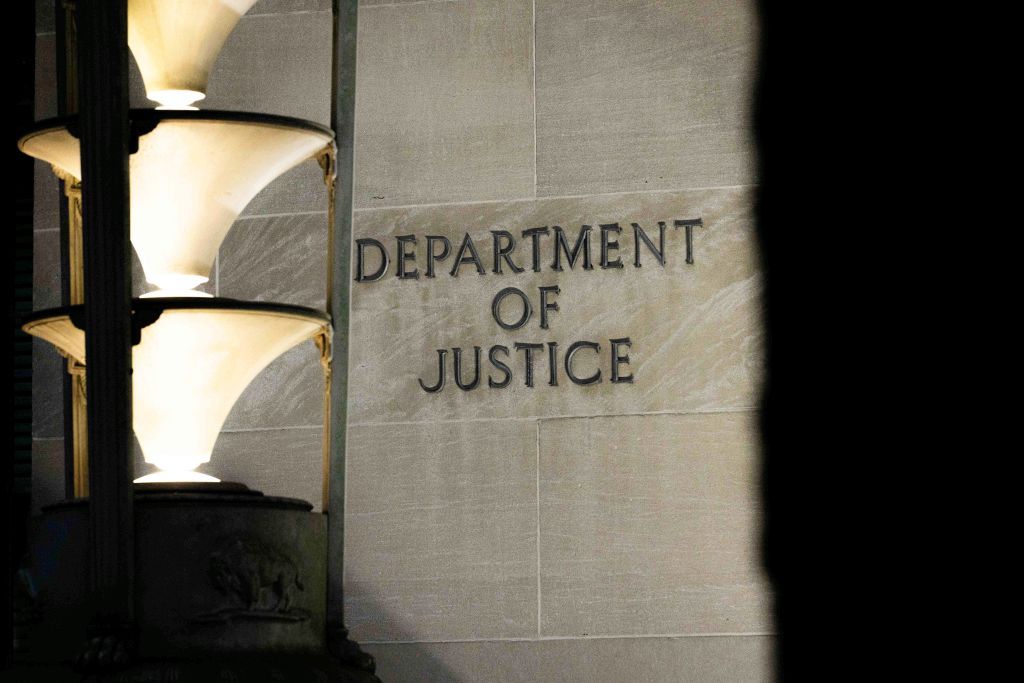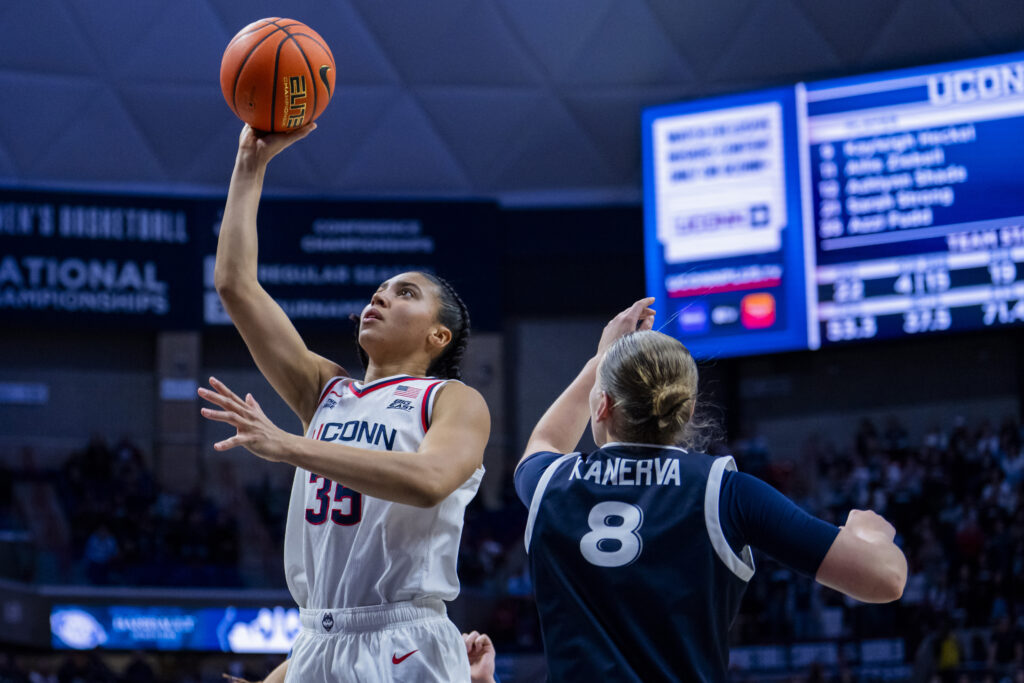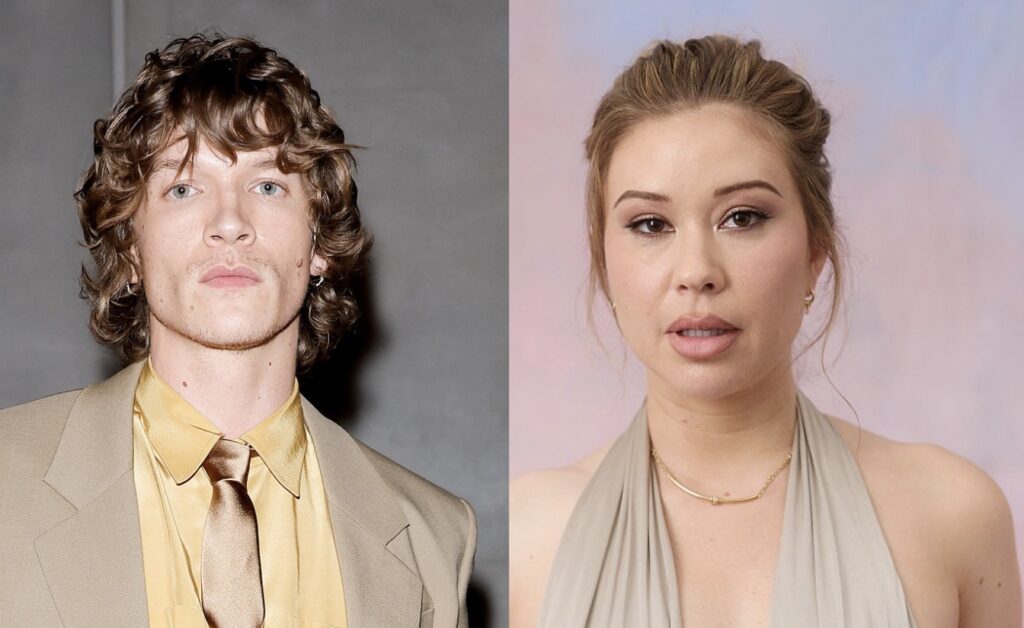From Stand-Up To Improv, These Queer Comedians Are Slaying The NYC Comedy Scene

“I want people to be able to see those stories and say, ‘hey, that’s a life that I could live.’”
With queer comedians taking the comedy world by storm, it can be difficult to catch sets from them all. From big names like Lilly Singh getting her own late-night show to Hannah Gadsby touring a second show, the amount of queer comedy being put out into the universe can feel overwhelming.
That’s why we’ve taken the time to sit down and chat with three rising stars of the queer comedy scene in New York City about everything from how they got their starts to what they wish they had known before starting out on the scene. Read on to find your new favorite queer comedian.
Kendall Payne
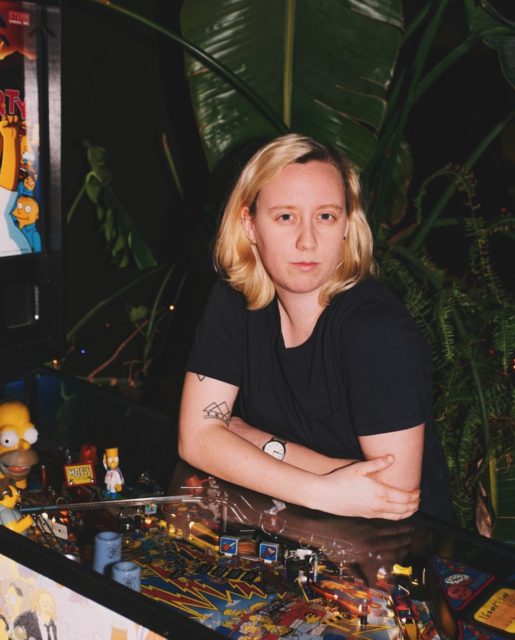
How’d you get started in comedy?
“I had some friends who wanted to be television writers for comedy, and I guess I had never really thought that you could just do that as a job if you weren’t, like, a super performer theater-kid type. I was obsessed with comedy and wanted to write, so I moved here and started taking improv classes at the infamous UCB. Then, I kind of, throughout that process, learned a lot, and then just started making some of my own content on the side. I kind of found that a lot of the people I admired in comedy…were coming out of the Brooklyn alt stand-up scene, so I started doing stand-up about a year ago.”
How would you describe your comedy style?
“My comedy style is the classic self-deprecating. I’m a story-teller, but I like to heighten and personify a character that’s a little unhinged but, also, your everyday lesbian gal. I like to talk about being queer in my comedy; I like to make super niche queer jokes in my comedy that don’t always work for a mainstream audience, but that’s who I am. It’s a huge part of who I am and my experience.”
Why is discussing your queer identity so important in your comedy?
“When I was growing up, I watched Youtube clips of like couples—lesbian couples—on the internet, and that was like the only representation of normal queer people that were maybe living normal lives that I could maybe envision for myself. That’s all I saw. The L Word existed, but they were all so far removed from the life that I thought I could have. … As I grew up and became more comfortable with my queerness and have a queer friend group that I’m comfortable with and have all these experiences, I want people to be able to see those stories and say, ‘hey, that’s a life that I could live.’”
Who are your comedy idols?
“My television and director idol [is] Desiree Akhavan. … In terms of stand-up, Cameron Esposito was huge for me.”
Sofia Dobrushin
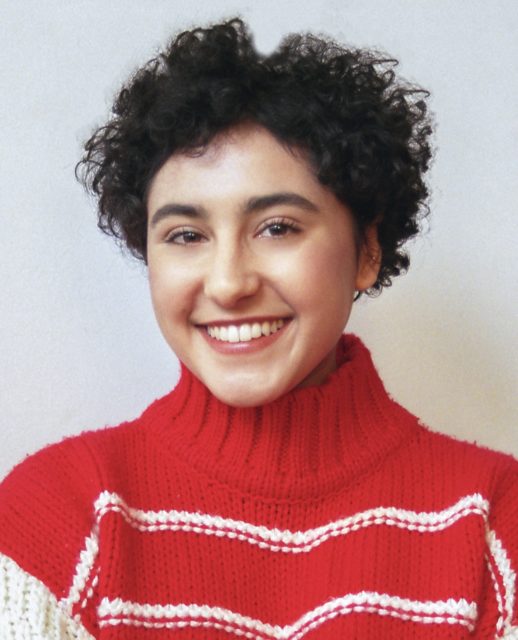
How’d you get started in comedy?
“I’ve been doing improv and comedy since high school since I was like a theater kid, or whatever. I was on this all-boys improv troupe in high school at an all-boys school, because I went to an all-girls Catholic school. I went to college and tried to get on the improv team there, and that didn’t happen, so what else am I going to do? I’m an only child, so then I was like ‘guess I’ll just try stand-up.’”
How would you describe your style of comedy?
“I feel like I’m very much like a traditional form [of comedy], where I talk a lot about my parents, and my upbringing, and my racial identity, and, like, identity politics mostly. … I’m more rooted in identity and myself because it’s something I can critique and not feel weird about doing that.”
Why is discussing your queer identity so important in your comedy?
“It’s new, but it’s doing it’s thing. I used [comedy] to kind of figure myself out a little bit more. I think once I was more in this community, too, that there are a lot of queer comedians who are awesome and that just gave me more confidence. … All these different people who are taking ownership of their queer identity in a comedic space just made me want to figure that out more. Lo and behold, it’s helped.”
Who are your comedy idols?
“I started off with Chelsea Peretti, Maria Bamford, Beth Stelling—all these funny powerhouses who talk about their upbringing and their life in their comedy…but also have moments of just getting a little wacky with it. Now, I really love Patti Harrison, Lorelei Ramirez, and everyone who was killing it in the Brooklyn scene and are now just killing it in their overall lives.”
Kate Sisk
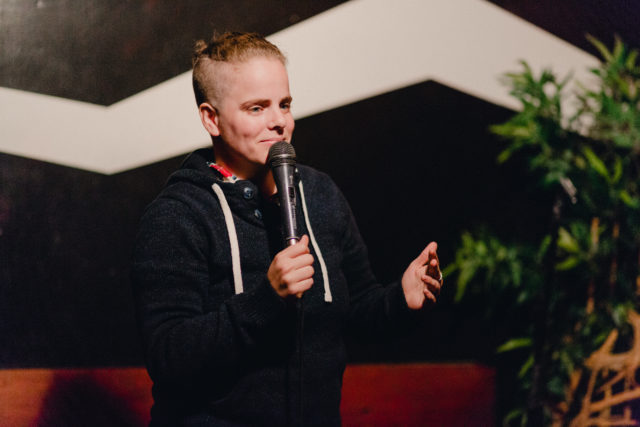
How’d you get started in comedy?
“I grew up watching a lot of other people’s favorites: SNL, The Office, and then Parks and Rec[reation] as I got into college. When I got to college, I started doing improv, so I’ve been doing improv for about eight, eight and a half, almost nine years. After I graduated, I came to New York to start taking classes at UCB where I’m now on a Herold Team—one of the house improv teams. About a year after being here, I started doing stand-up, so I’ve been doing stand-up for about three years. Then, I’m also a writer in a few different capacities.”
How would you describe your style of comedy?
“As far as my stand-up, it’s a lot of confessional humor. Not one-liners, not observational comedy. A lot of biographical stuff. I talk about my experiences with my sexuality, I talk about gender identity, and then, of course, funny or interesting aspects about my life.”
Why is discussing your queer identity so important in your comedy?
“I would say a majority of my material is about my identity in those ways. It’s both a pro and a con. It’s great because my experiences are unique and therefore make my comedy unique. On the other hand, because my experiences are unique, they might be a little foreign to some audiences, so there’s an extra hurdle that I have to jump over in order to connect with an audience who might not share the same experiences that I have.”
Who are your comedy idols?
“I grew up listening to David Sedaris’ audiobooks in the car … which made me kind of fall in love with dark humor and satire a little bit. It gave me an idea of how to have a bit of a bite and, also, he’s a queer writer. Tig Notaro is incredible. She’s just so at ease with any crowd and can bring humor to anything, even the tiniest moment or observation. It’s great to have someone queer to look up to. … And, go ahead, give me crap, but I loved Nanette.”







